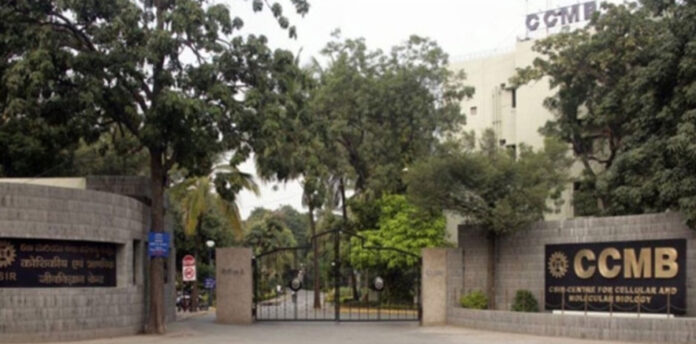New Delhi, Jan 22: The mortality rate due to cardiovascular diseases is very high in India, compared to western countries. Severe cardiomyopathy is one of the cardiovascular diseases, where heart failures are common.
Cardiomyopathy changes the integral structure of the heart muscle, and as a result, the heart is unable to pump blood efficiently. This increases the risk of heart failure leading to sudden cardiac death.
There are many types of cardiomyopathies. Dilated cardiomyopathy is the most common form. A team of scientists at the CSIR-Centre for Cellular and Molecular Biology (CCMB), Hyderabad, have identified the genetic mutations that cause dilated cardiomyopathy.
A gene called β-MYH7 is one of the major genes implicated in cardiac diseases globally. However, not many genetic studies have been carried out on Indian cardiomyopathy patients. In the new study, the researchers chose to fill the gap by sequencing the β-MYH7 gene from 137 dilated cardiomyopathy patients along with 167 ethnically matched healthy controls to identify the mutation(s), if any, that are associated with dilated cardiomyopathy in Indian patients.
THE study revealed 27 variations, of which seven were novel and were detected exclusively in Indian dilated cardiomyopathy patients. These included four which were what are called missense mutations. They were predicted to be pathogenic by bioinformatics tools.
Subsequent studies using homology models of β-MYH7 demonstrated how these mutations uniquely disrupt a critical network of non-bonding interactions at the molecular level and may contribute to the development of disease phenotype.
Protein molecules are made up of amino acids and each of them has a specific set of amino acids. Various interactions between the amino acid residues drive the 3D structure of the protein, which determines its function. One amino acid change at a critical site can change a protein structure dramatically and lead to disease pathogenicity.
“This study can help in developing gene-editing methods that may rescue cardiac contractility of failing hearts among Indians with the novel mutations”, said Dr Vinay Kumar Nandicoori, Director, CCMB.
The finding has been published in the science journal Canadian Journal of Cardiology – Open. The study team included Dr. K Thangaraj, presently Director, Centre for DNA Fingerprinting and Diagnostics (CDFD), and Dr DeepaSelvi Rani. (India Science Wire)
























